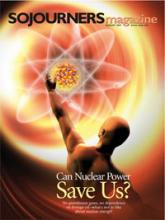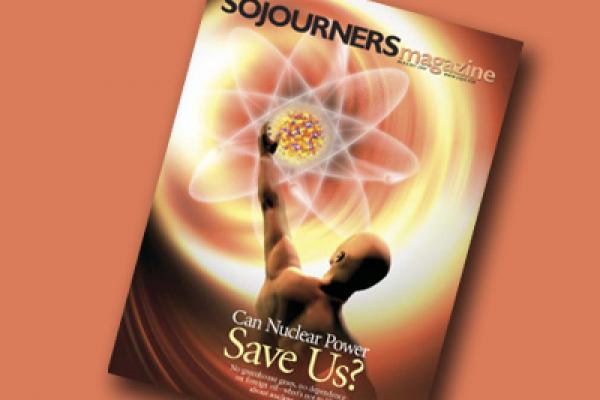At the dawn of the nuclear age a half century ago, the fledgling nuclear industry promised "energy too cheap to meter" from "our friend the atom." The 21st-century version of that promise offers not only freedom from dependence on foreign oil but also the antidote to global warming.
Is nuclear power the "alternative" energy of the future, the way out of our destructive reliance on fossil fuels?
Some environmentalists think so. Patrick Moore, one of the founders of Greenpeace in the early 1970s, argues that "Every responsible environmentalist should support a move" away from coal-generated electricity and toward nuclear plants. "This would go a long way," Moore maintains, "toward cleaning the air and reducing greenhouse gas emissions." That's a bit different than Moore's assessment in a 1976 Greenpeace report, in which he called nuclear power plants—next to nuclear warheads—"the most dangerous devices that man [sic] has ever created. Their construction and proliferation is the most irresponsible, in fact the most criminal, act ever to have taken place on this planet."
What has changed? Is it the technology, or is it Moore? Some of his former associates think it's the latter. Paul Watson, another co-founder of Greenpeace, charged Moore with being a "corporate whore ... an eco-Judas ... who has grown rich from sacrificing environmentalist principles for plain old money." Moore is currently paid by the nuclear industry to serve as co-chair of the "Clean and Safe Energy Coalition," an industry front that promotes increased use of nuclear energy, according to The Washington Post. He previously had stints as a hired spokesperson for the timber industry (for whom he proclaimed that "clear-cuts are temporary meadows") and for purveyors of PVC products (the "Vinyl Institute").
Read the Full Article

